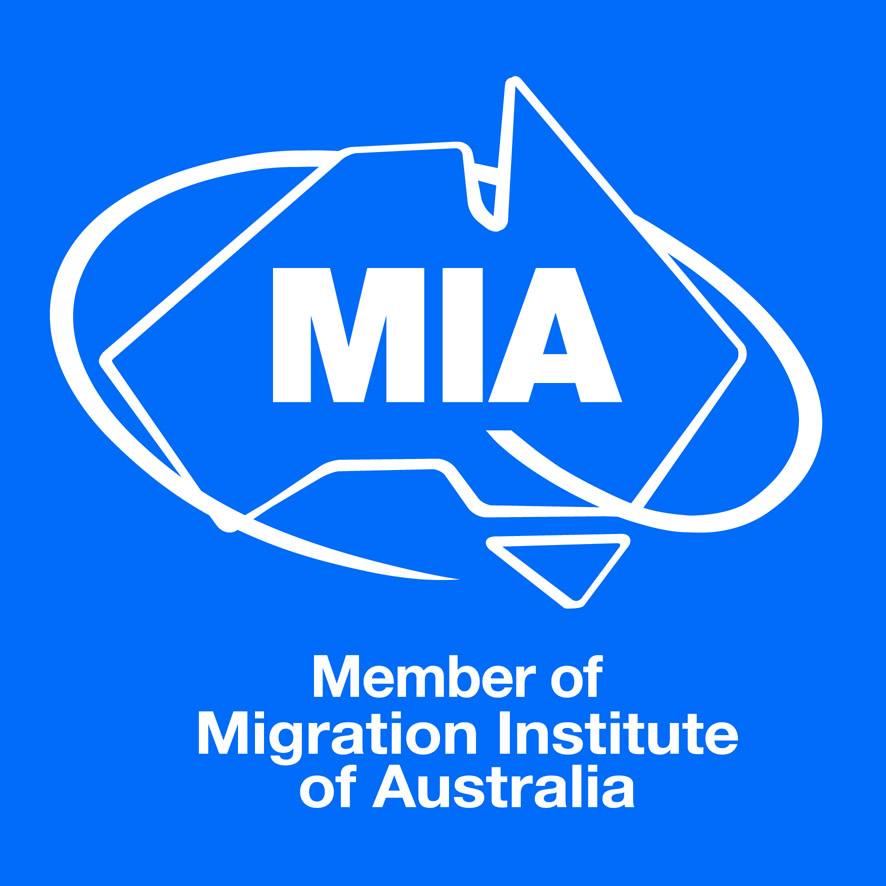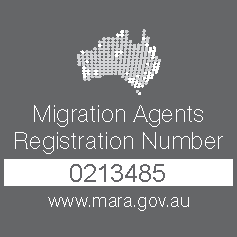The Albanese Government handed down their first federal budget last week.
As is the case with all budgets, this budget had winners and losers. Young families, disadvantaged students, home buyers and the environment are considered winners with this budget while motorists, welfare recipients and multinationals are considered not so lucky.
So, how did immigration fare? As we know, migration plays a big part in contributing to Australia’s economy and with the halt on migration over the last two years, it’s no surprise that there’s now a big focus on it.
What the budget means for immigration
As part of the federal budget, immigration is set to see some changes. It has been suggested that the aim of this budget in regard to migration is to ease critical skills and labour shortages.
Extra Funding
An extra $576 million dollars over four years will be provided to the Department of Home Affairs to go towards visa processing and to cover the shortfall in funding for the maintenance of offshore processing centres and to support refugees.
Pacific Engagement Visas
The Pacific Engagement Visa will be introduced for nationals of Pacific Island countries and Timor-Leste. Set to commence in July 2023, up to 3,000 places per year will be available and is part of the Albanese Government’s plan to build a stronger Pacific family.
Family Visas
The number of Parent visas will almost double with an increase from 4,500 to 8,500. Along with child visas, these visas will continue to be demand driven with no limit in place. There will also be 500 other family visas and 100 special eligibility visas available.
Skilled Visas
The number of skilled visas will increase from 79,600 to 142,400. This will include employer-sponsored visas, skilled independent, regional and state and territory nominated visas.
International Students
In order to address labour shortages, the relaxed work restrictions of international students will be extended until June 2023. Post study work rights for international students will also increase from two years to four years for bachelor’s degrees, three to five years for master’s degrees and four to six years for PhDs.
In addition to these changes to migration, the Albanese government has also announced a review of Australia’s migration system by the end of February 2023 with the intention of outlining the objectives of our immigration system and guiding future reforms.
To learn more about any aspect of migration, contact the team of experienced registered migration agents at Visa Solutions on 1800 828 008.
Looking to migrate to Australia? Get in touch today to see how we can help with the application process.







